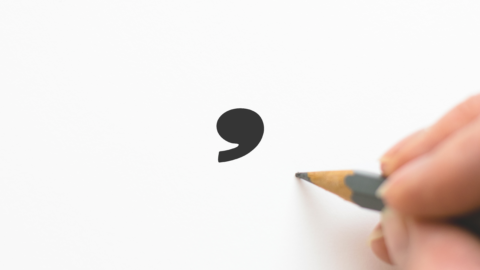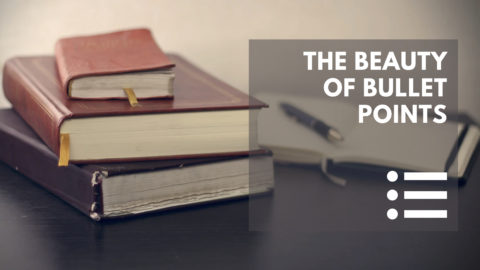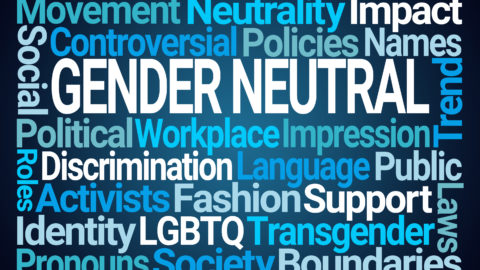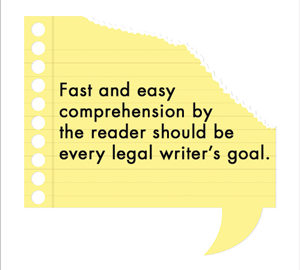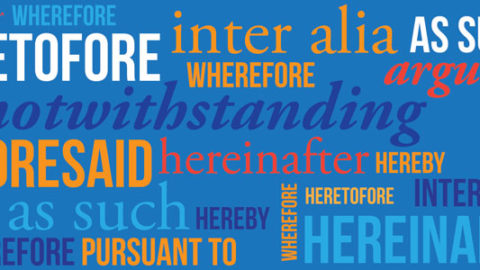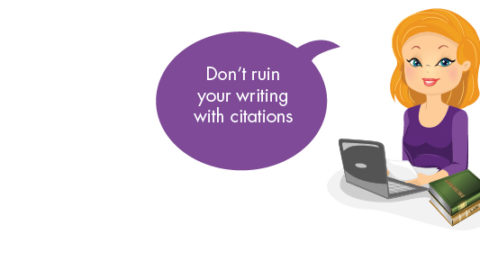In January, we discussed several frequently forgotten rules concerning correct placement of commas. This month, we continue with that topic by looking at a few ways this punctuation mark should be used in sentence construction. Place a comma after an…
Avoiding Comma Confusion, Part II
Avoid comma confusion
Remember these frequently bungled rules
Using punctuation correctly and to best effect is essential to achieving clarity and readability in writing. In legal writing, this is especially so when it comes to the comma. For example, failing to use a serial comma after the second…
Home in on this commonly botched expression
Shortly after the U.S. Supreme Court denied injunctive relief to the opponents of Texas’ anti-abortion law, a post appeared on a popular legal news website describing the forcefulness of the four dissents. The article states, “Justice Breyer’s [] hones…
Don’t say bold-faced when you mean bald-faced
When addressing the court, be sure not to bungle common expressions When U.S. Rep. Andrew Clyde (R-Ga) told the American people that the January 6, 2021 attack on the Capitol could not accurately be called an “insurrection,” he not only…
The Beauty of Bullet Points
When a long sentence contains a collection of items that are similar in nature and importance, consider replacing it with an introductory clause followed by a bulleted list. In the March, 2021 edition of the Bulletin, we discussed the importance…
Favor the Simple, Declarative Sentence
Resisting the urge to pack your sentences with numerous thoughts and details will make your writing easier to understand and thus, more effective. Use of sprawling, convoluted sentences—in legal memoranda, briefs to the court, judicial opinions, statutes, and transactional documents—is…
When to Stay Away From Him, Her, and Them
In legal and other formal writing, when you don’t know the gender identity of a specific human individual and are not in a position to inquire, it’s best to avoid using any of the singular personal pronouns to refer to…
Artful Arguments
Minor usage error aside, U.S. Rep Adam Schiff wended his way in Trump’s impeachment trial from one stirring statement to the next. U.S. Rep. Adam Schiff’s remarks to the United States Senate during the impeachment trial were replete…
Legal Writing Tip: Mind the Gaps Between Subject, Verb, and Object
To craft an easy-to-understand sentence, make sure the subject, verb, and object do not stray too far from each other. The subject is the actor in the sentence, while the object is the entity that is acted upon, or the…
Legal Writing Tip: Heed the Bench’s Preferences
Ross Guberman, the acclaimed legal writing consultant and author of Point Made: How to Write Like the Nation’s Top Advocates and Point Taken: How to Write Like the World’s Greatest Judges, surveyed thousands of judges—ranging from those serving at…
Legal Writing Tip: Include a Summary of Argument
Under the Federal Rules of Appellate Procedure, opening briefs must include a summary of argument that appears after the statement of the issues and the statement of the case, and before the arguments section. (Fed. Rules App. Proc., rule 28(a)(5-7),…
Legal Writing Tip: Don’t Distract Readers or Ruin Your Writing with Citations
Despite the efforts of legal writing guru Bryan Garner to promote use of “citational” footnotes, placing citations in the main body of the brief or memo remains the dominant method. And so, for the most part, or at least when…

